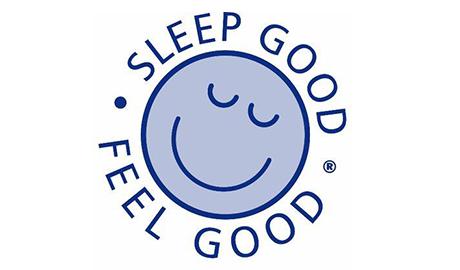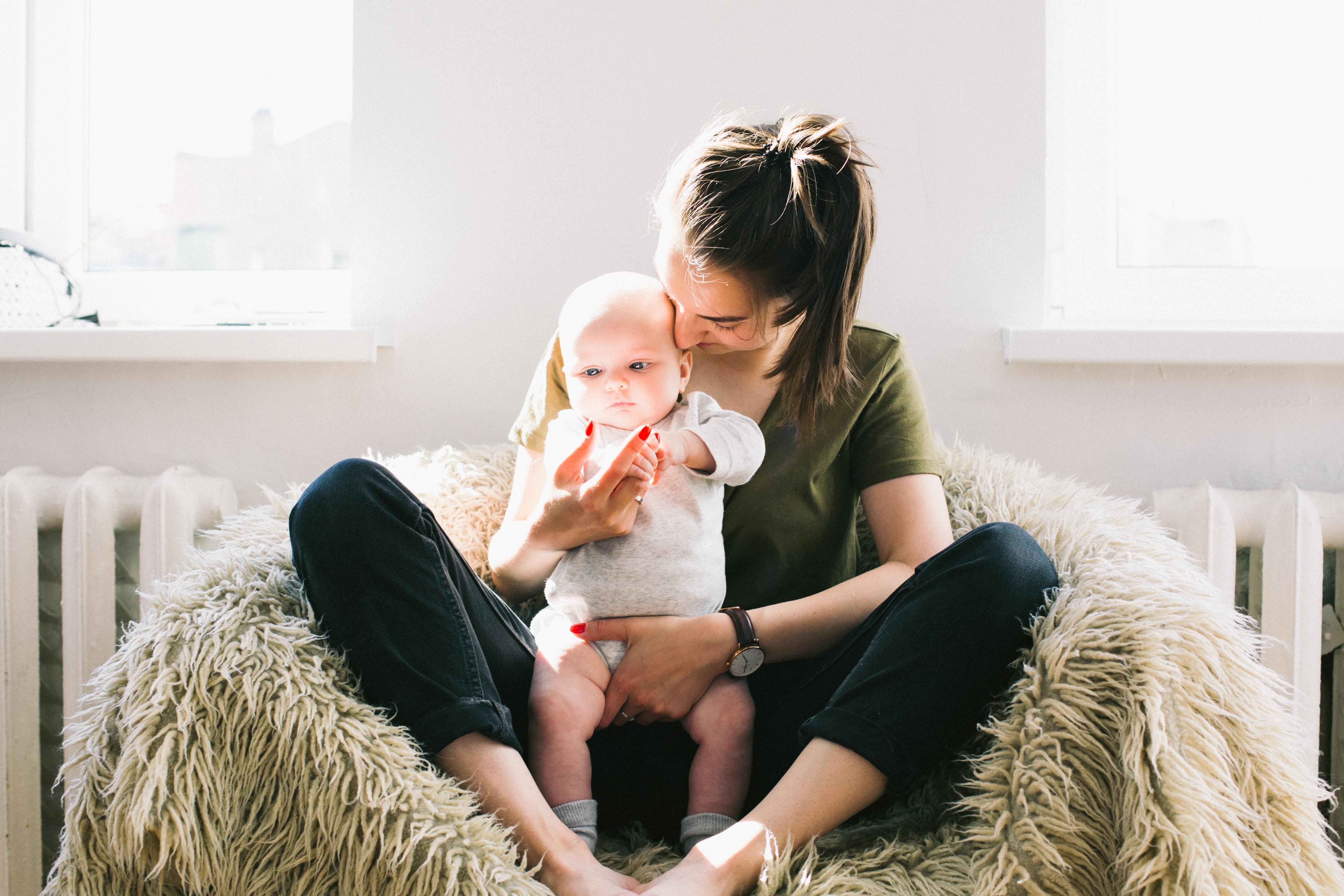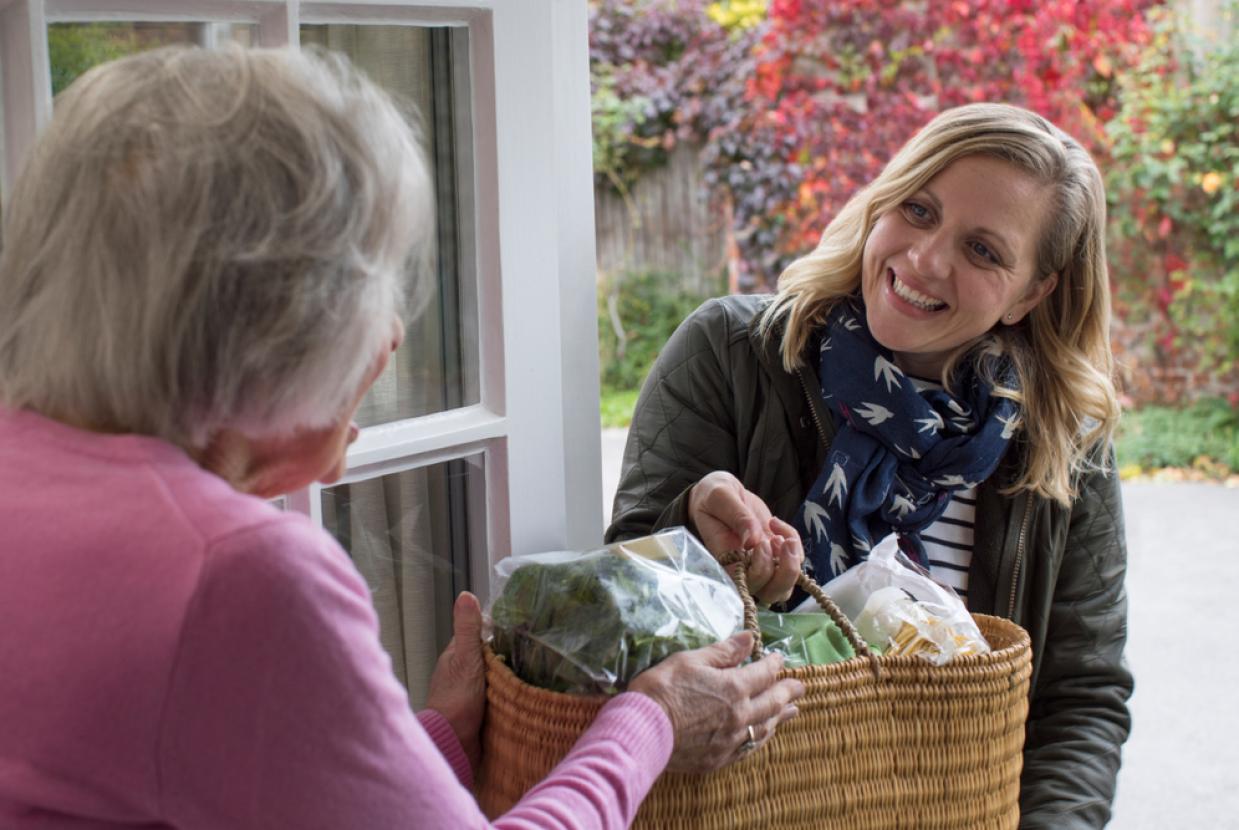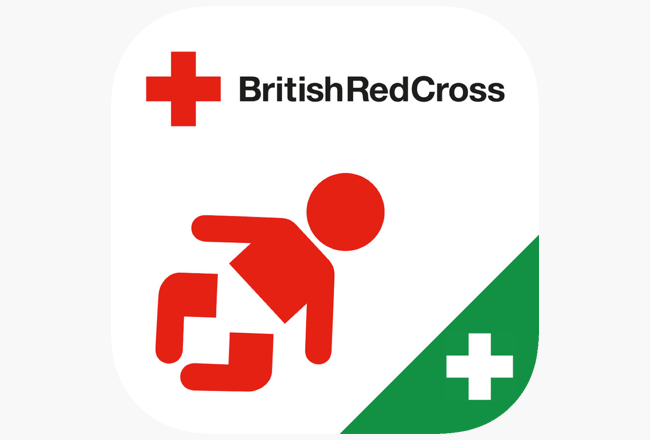Sleep Advice for Children
Family HealthQuality sleep is essential for children’s growth and development. A decent night’s sleep will help them to do better at school, allow them to react more quickly to situations, have a more developed memory, learn more effectively and solve problems, plus it will make them less susceptible to colds and other minor ailments, less irritable and better behaved!
Sleep deprivation causes increased hyperactivity and other behavioural problems, as well as damaging physical and mental development. Poor sleep habits from an early age can lead to long term sleep problems.
While children are taught about nutrition and regular exercise the third critical ingredient of a healthy lifestyle – sleep – is barely touched upon. Youngsters need to be taught a healthy lifestyle includes a good night’s sleep.
There are so many different factors which can affect children’s sleep. From the bedroom environment not being quite right, such as too much noise or light, or the temperature being too high or low, to more potentially serious problems.
Night terrors, suffered by small children, nightmares and bedwetting as well as chronic illnesses, such as asthma, can all play a role in sleep deprivation. And if a child isn’t getting enough sleep, then the parents probably aren’t either – causing increasing stresses among the whole family.
Establishing and sticking to a regular bedtime routine is essential to promote good quality sleep in children. Children generally respond well to routine and this is normally along the lines of teatime, followed by quiet play, bath, story and then bed. Bedtime should be around the same time each evening.
Young children don’t know when they are tired and therefore become overtired easily and demonstrate this by becoming fractious, tearful, clingy and bad tempered.
Meet Daisy
Daisy goes to bed between 6.30pm and 9.30pm, and generally takes over an hour to fall asleep. She cries out for her parents and tries to come downstairs to see them. She has quite long naps throughout the day, some of which are at inappropriate times, like 4pm-5pm.
She does not feel secure enough to drop off to sleep herself, and constantly calls for her parents. Daisy’s parents feel it is an ongoing battle, and they are desperate to get their evenings back. The situation causes tension in the family home, as they get snappy with each other due to tiredness.
Restful environment
Daisy’s parents should check her mattress and ensure it is comfortable. There should be no springs poking through and no big dips. When Daisy lies down, her spine, shoulders and hips should be supported properly.
Daisy’s room could also be rearranged to make it more suitable for sleep. Daisy’s parents should lie down with her in her room and see things from her perspective: is it untidy? Is it scary? Is it simply too stimulating?
In order to make her room better for sleeping, toys should always be tidied away, dressing gowns removed from the back of the door, and photos of the family added to make her feel more at ease. If any of her furniture, particularly her bed, also functions as a play area or toy, such as a princess bed, this should be reconsidered, as it could be too stimulating.
Finally, Daisy should be given a cuddly toy for her to sleep with, and told that she must take care of it for Mummy and Daddy, who will collect it again in the morning.
Another big factor is light and temperature levels. Daisy’s room should benefit from blackout blinds and the temperature should be kept between 16-18 degrees Celsius.
Routine
Daisy’s sleep routine should not start until an hour before she currently goes to sleep: the ‘Golden Hour’. An hour before bedtime, she should do calming activities, such as colouring or a jigsaw, and have a snack rich in tryptophan and carbohydrate, like cereal and milk or peanut butter on granary toast.
Half an hour before bedtime, Daisy should have a bath, and then go straight to her bedroom for a book or to talk. Daisy’s parents could then use massage to relax her, and say a mantra like “It’s night time, go to sleep”, before giving her a kiss. They should then stay beside her and repeat the mantra if Daisy tries to engage with them.
Each night, her parents should monitor how easily Daisy falls asleep after her routine. When it gets to the stage that she drifts off quickly, they should begin to move further and further towards the door after her goodnight kiss. Eventually, Daisy will feel secure enough to fall asleep without help.
Relaxation
Daisy’s parents are encouraged to do less energetic playing during the Golden Hour before bed. Light levels should also be reduced, and soothing sounds introduced, to create a relaxing sleep environment.
A handy guide to naps:
- Most children under the age of 1 take two naps a day — usually one in the morning and another in the afternoon.
- Between 12 and 24 months, most toddlers drop the morning nap but still need a one- to two-hour afternoon snooze.
- By 2 to 3 years old, most toddlers need just a one-hour afternoon nap, and by 3 to 4 years of age, they will drop the afternoon siesta altogether.
























































































